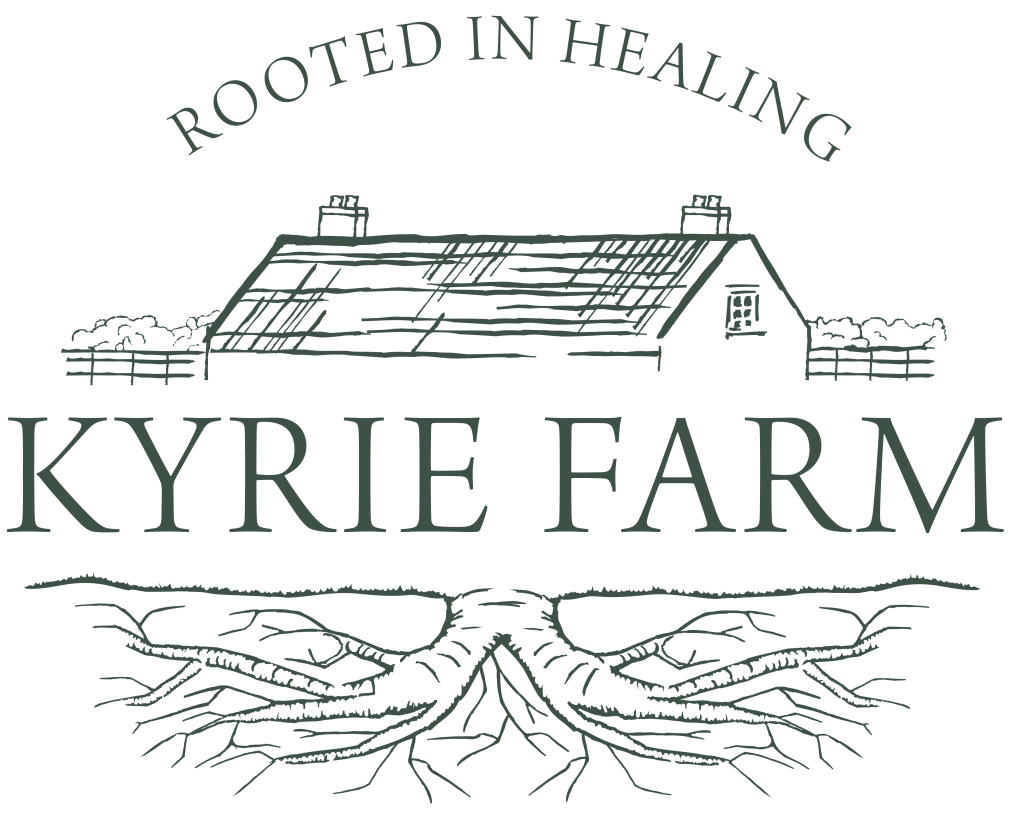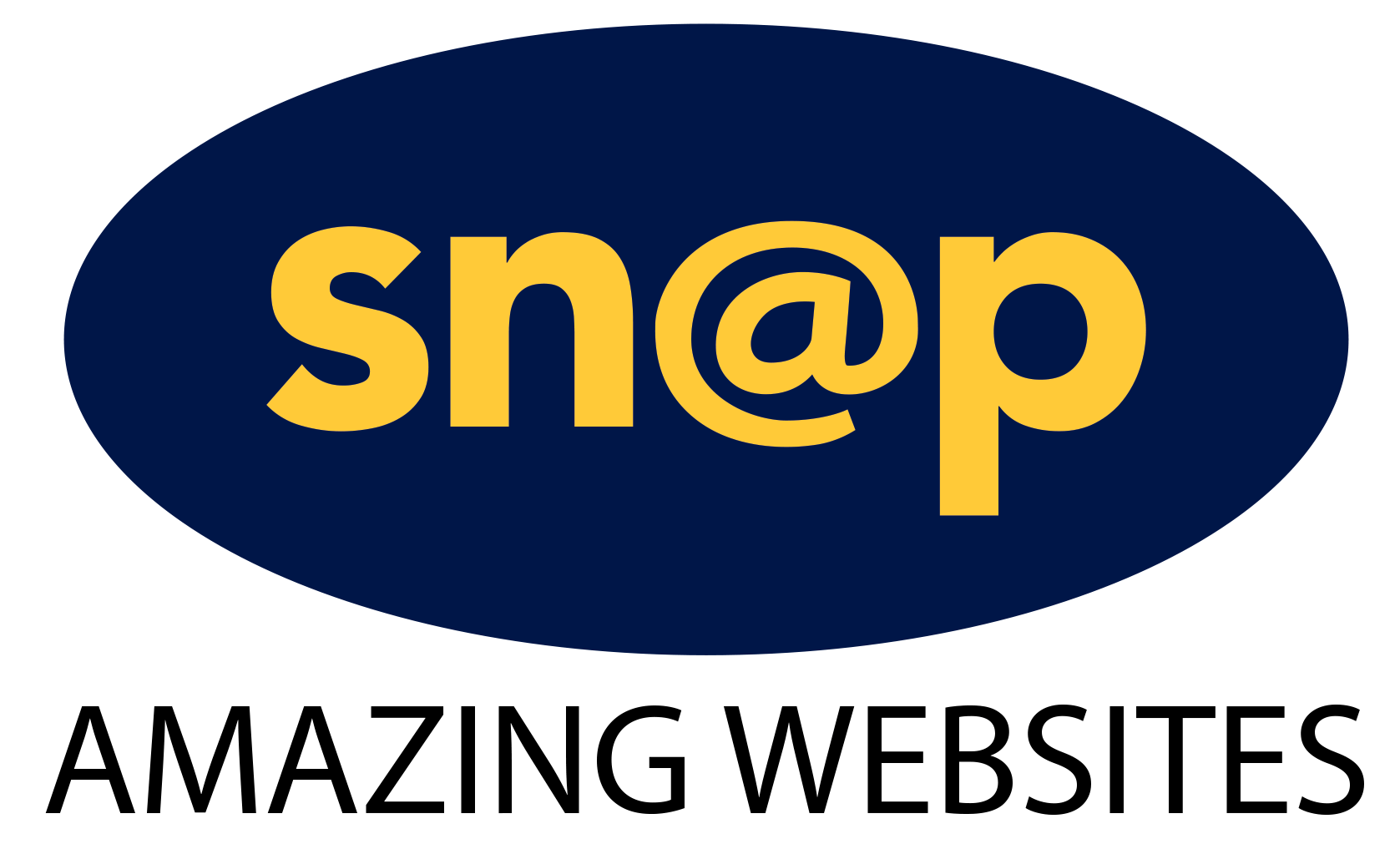What We Do
Purpose
The purpose of Kyrie Therapeutic Farm is to create in Ireland a world class therapeutic centre that encapsulates the best possible support, while putting the person at the centre of their own care plan and recovery. It will encompass:
- We aspire to be fully in line with the aspirations of the strategy set out in the Irish Department of Health's mental health strategy, Vision for Change (2006) and subsequent improvements as outlined in Sharing the Vision (2020).
- Addressing the critical gaps in the current system
a. Between community and acute services like Psychiatric Hospitals and Outpatient care
b. To serve as a step-down capability for patient recovery and reintegration.
c. An early intervention and preventative option for people before requirement for acute services. - Examples of similar therapeutic settings in the United States (Gould Farm, Hopewell Farm), the EU (Urtica De Vijfsprong in the Netherlands) and Ireland (Sli Eile)
Model of Care
Kyrie Therapeutic Farm will be differentiated from other mental health services available in Ireland by combining the best of models like Gould Farm and others, but with a higher degree of professional oversight delivered through in-house practitioners. The farm itself is viewed as a healing ingredient with the natural environment, a sense of community and healthy food all playing a central role. The core philosophy of the farm is shaped by a number of important considerations including being trauma informed and recovery focused. We have taken inspiration from the idea of a therapeutic community and models such as Open Dialogue. The therapeutic input, both group and individual, is delivered by a variety of professional groups including psychologists, social workers, social careers, peer support workers, psychotherapists and counsellors. A keen eye on quality, evidence based therapies and auditing of service outcomes is integrated into all therapeutic activities.
The Farm will also provide holistic therapies such as mindfulness and yoga, as well as mentoring through the community of workers there.
Guests agree to engage in meaningful participation in farming activities, in the Bakery and shop helping to build self-esteem in a natural setting for future reintegration to their home communities.
The care provided aims to meet requirements for support of Irish private health insurers and the HSE, while also meeting the appropriate regulatory requirements of a registered residential community rehabilitation service.
The combination of therapeutic and holistic approaches as well as community involvement and meaningful participation can create a path to long term recovery unlike other existing care solutions in Ireland.
Farm Activities
- Horticulture
- Small animal farming
- Baking/food production
Recreation Opportunities
- Yoga
- Crafts and creative activity including art & music
- Physical activity including sports, walking, games
Additional Work
- Running and staffing a bakery and shop
CHANGING THE VISION
Irelands Mental Health Strategies ‘Vision for Change’ and more recently ‘Sharing the Vision’ outline a different approach for the future of mental health:. one that is shaped by social as well as emotional and psychological recovery. One that is recovery-orientated with structured, person centred programmes, tailored for people with severe and enduring mental health problems.
Seven Key Areas of the Strategy include:
1
Focus on Recovery
This involves developing person centered models and meaningful, partnerships between users, carers and mental health professionals.
2
Multidisciplinary
This involves recognising the value and contribution of a variety of approaches to helping people with mental health problems, and not overly relying on a single approach.
3
Active Partners
People are Active partners in their own recovery, availing of a range of interventions and become meaningfully involved in the farm community while aiming towards re integration into their home communities.
4
Integrated Recovery
Build understanding, coping mechanisms, pursue dreams and goals.
5
Trauma Informed
It is recognised that trauma is often a significant component of the lived experience of those who experience mental health problems. While not primary for all, a service structure that is informed by understanding how trauma impacts on us is essential, and interventions specific to and informed by an understanding of trauma is deemed essential.
6
Diversity & Non-discrimination
Kyrie Therapeutic Farm CLG is non-affiliated and independent of religious organisations. We are committed to equality and respect for all persons regardless of age, culture, abilities, ethnic origin, sex, gender identity, sexual orientation, marital status, nationality, race, religion, or socioeconomic status.
A Day in The Life
7 am Breakfast
A healthy nutritious breakfast prepared by chef, guests and staff. Everyone at the farm contributes to all aspects of the farm, insofar as they are able, including meal preparation. Food is a big deal at the farm. Locally grown and sourced, nutritious, organic, flavoursome, colourful! The dining room is where the group meets as one, staff and guests, as equals.
Food is a leveller, an opportunity for creativity, and a foundation of the community.
8am : Morning Meeting
Everyday we greet each other at breakfast, and have our morning meeting. This is simply an opportunity to welcome a new day, talk about anything that’s happening on the farm that day the people may wish to participate in, hear any topics people want to raise and perhaps belt out a song or two!
9am - Work Programme
The main focus of the work programme is to be an opportunity for guests to build structure, participation and an opportunity to contribute into their day, building self-esteem, confidence and rebuilding skills. There are plenty of opportunities in the guest kitchen, the farm, the shop/bakery for a range of activities where guests can contribute within their capabilities at that time.
11am : Wellness & Group Activities
Life on the farm offers a range of activities aimed at enhancing wellbeing through participation and healing. These include meditation and mindfulness groups, yoga practice, walking groups, creative art and writing groups and music.
12.30pm: Lunch
An opportunity to refresh and take time with the rest of the community.
2pm: Work Programme
Guests return to their scheduled activities for the afternoon.
6pm: Dinner
Dinner is another opportunity for relationships to be developed, friendships created while eating food from the farm prepared by those on the farm supported by our professional chef.
7pm: Rest and Recreational
We believe that rest and low-key recreation is essential to overall wellbeing. While the day will be full it will not be a busy one, and the pace of life on the farm is designed to enhance a sense of both participation and rest. This may involve quiet time in your room, talking a walk around the grounds, reading in the ‘unplugged room’, watching tv, or chatting over a cup of tea on the benches outside with those around you.

